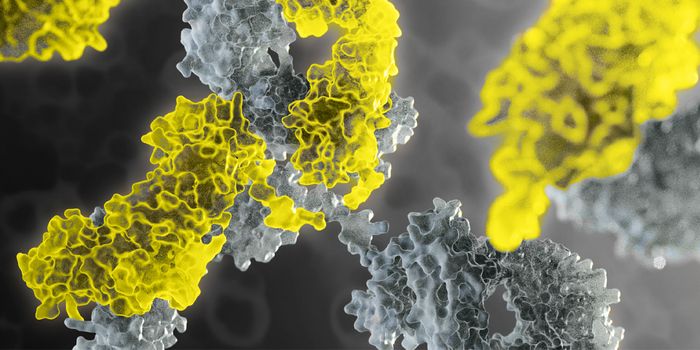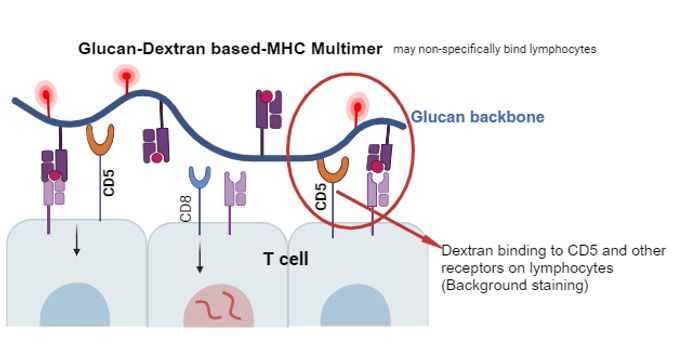A New Role for AI in Distinguishing Subtypes of Endometrial Cancer
Endometrial cancer develops in endometrial tissue, which lines the uterus and accounts for the most common type of uterine malignancy. Part of an endometrial cancer diagnosis includes a molecular analysis that can distinguish four subtypes with prognostic significance. Identifying these subtypes also plays a pivotal role in determining the most effective course of treatment.
The four subtypes of endometrial cancer include:
- POLEmut cancers harbor a pathogenic mutation in the exonuclease domain of DNA polymerase epsilon (POLE), an enzyme used during DNA repair.
- MMRD cancers lack proteins needed for mismatch repair (MMR).
- p53abn cancers contain abnormal expression of the tumor suppressor gene p53.
- NSMP cancers display molecular patterns that do not fit the criteria of any other subtypes, leading to the classification of “No Specific Molecular Profile.”
NSMP, the most common subtype of endometrial cancer, accounts for about half of cases. NSMP cases. These cancers often contain a high degree of heterogeneity, indicating an inconsistency of cellular and molecular components throughout the tumor. This variation can lead to unpredictable outcomes among patients.
A new study published in Nature Communications highlights the significant role of artificial intelligence (AI) in the histopathological analysis of endometrial cancers. The study focuses on distinguishing between p53abn or NSMP endometrial cancer subtypes. The researchers aimed to identify a subgroup of NSMP cancers with poor outcomes, including reduced progression-free and disease-free survival, which they termed “p53abn-like NSMP.” This study underscores the importance of AI in the field of oncology and pathology, particularly how it can aid in informing treatment planning.
The Discovery cohort (data collection used to build a prediction model) included 368 patients. The researchers then used two independent Validation cohorts (data analyzed through machine learning processes created using the Discovery cohort) of 290 and 614 patients.
The study found that patients in the p53abn-like NSMP subgroup had more abnormalities in copy number, the replicates of a specific segment of DNA in the genome. This finding suggests that differences between patients with NSMP and p53abn-like NSMP endometrial cancers exist on a biological level and can be distinguished using AI.
The researchers conclude that AI can provide a new and helpful tool for detecting different subsets of endometrial cancer. This potential of AI to improve cancer diagnosis and treatment instills optimism in the medical community and the general public, as it allows doctors to obtain more prognostic information than standard pathological practices.
Sources: Modc Path, Nat Commun









